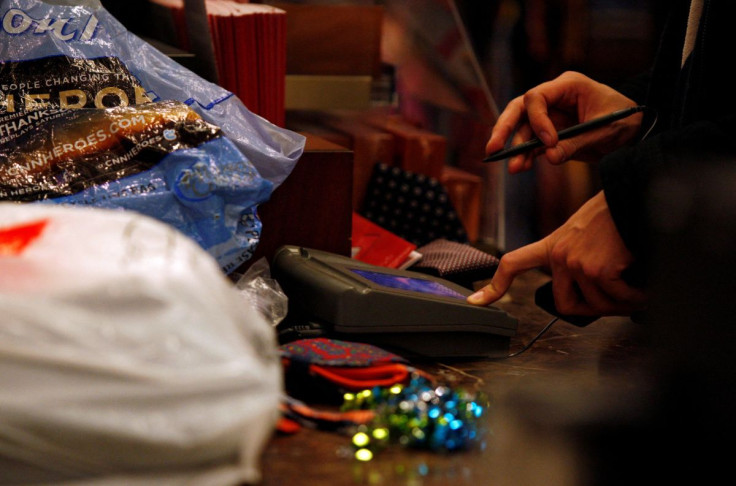U.S. Consumer Watchdog Issues Review Of Excessive Credit Card Fees

The top U.S. consumer watchdog on Wednesday unveiled a measure that would scrutinize excessive credit card fees and demand card issuers disclose more data around revenue and expenses in a bid to stamp out abuses and boost competition.
The advanced notice of proposed rulemaking issued by the Consumer Financial Protection Bureau (CFPB) confirms a Reuters April report that the agency would escalate a broader crackdown on what it calls "junk fees," a catch-all for overdraft, credit card late-payment fees, bounced check fees, and other charges.
The review, which is the first of a number of related curbs on junk fees, would specifically assess whether credit card late fees are "reasonable and proportional," the CFPB said.
It will also assess the potential deterrent effect of late fees and the role they play in credit card companies' profitability, the agency said.
"Credit card late fees are big revenue generators for card issuers. We are asking card issuers, consumer groups and the public to provide us with data about late fees and the necessity for them and the role late fees play in credit card company profitability," said CFPB Director Rohit Chopra.
"As we examine this, our findings will inform rulemaking and help us to ensure we are making the credit card market work better for all consumers."
Card issuers generally charge a late-payment fee when a customer misses their minimum payment deadline. The current rules contain a legal safe harbor which allows lenders to charge late fees provided they do not exceed a "reasonable and proportional" regulatory cap which is set annually by the CFPB.
Banks and credit unions pulled in more than $15 billion in overdraft and related fees in 2019 and $12 billion in late credit card fees in 2020, according to CFPB estimates.
Wednesday's review, which is subject to public consultation before it can take effect, would not likely result in a rule before the end of the year, one CFPB official told reporters.
The deadline for comments is July 22.
The move is the first step in a broader initiative to examine junk fees in a bid to improve the financial marketplace and to boost fair competition, the agency said.
REAL DATA, NOT OPINIONS
While consumer advocates argue that lenders have become too reliant on such fees, industry groups say most lenders do not overly depend on fee revenue and that the CFPB is wrong to suggest lenders hide the fees or that the fees show banks are not offering competitive services.
The banking industry has already launched a united defense against Chopra's "junk fees" scrutiny, analysts tell Reuters, showcasing that a slew of existing rules already require banks disclose such fees.
But Chopra said on Wednesday that the CFPB is hoping the advanced notice of proposed rulemaking helps inform whether, in addition to new rules, the CFPB should clarify certain existing rules that leave consumers "dinged" with multiple penalties relating to the same transaction or late payment.
One such component is a provision that allows credit card companies receive immunity if they hike the cost of credit card late fees each year by the rate of inflation.
"Do the cost to process late payments really increase with inflation, or is it more reasonable to expect that costs are going down with further advancements in technology each year?," Chopra said.
"We're not looking for opinions, but rather empirical evidence."
© Copyright Thomson Reuters 2024. All rights reserved.





















